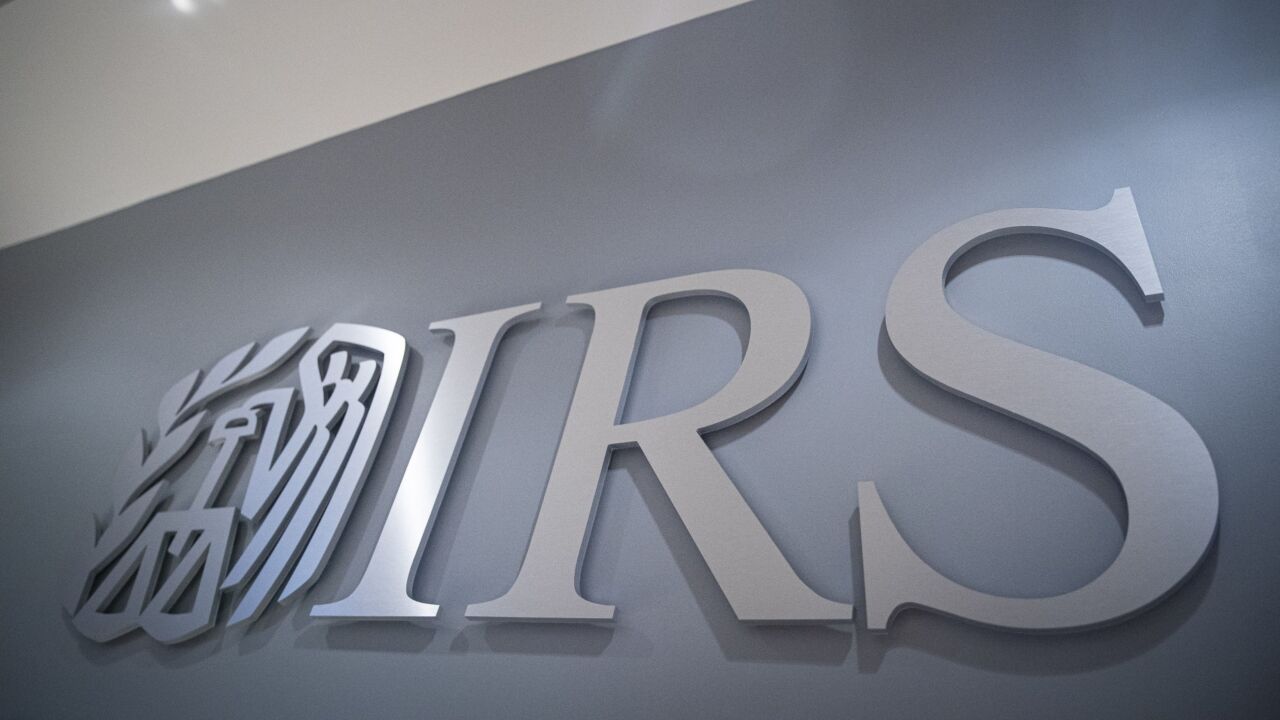The Securities and Exchange Commission has charged Diamond Foods and two of the San Francisco-based snack foods company’s former executives for their roles in an accounting scheme to falsify walnut costs in order to boost earnings and meet estimates by stock analysts, and the company has agreed to pay $5 million to settle the SEC’s charges.
Diamond’s then-CFO Steven Neil allegedly directed an effort to fraudulently underreport money paid to walnut growers by delaying the recording of payments into later fiscal periods. In internal e-mails, Neil referred to these commodity costs as a “lever” to manage earnings in Diamond’s financial statements.
By manipulating walnut costs, the company was able to report higher net income and inflated earnings to exceed analysts’ estimates for fiscal quarters in 2010 and 2011. After Diamond restated its financial results in November 2012 to reflect the true costs of acquiring walnuts, the company’s stock price slid to just $17 per share from a high of $90 per share in 2011.
Diamond agreed to pay $5 million to settle the charges. Former CEO Michael Mendes also agreed to settle charges against him, but the SEC said its litigation is continuing against the former CFO.
“Diamond Foods misled investors on Main Street to believe that the company was consistently beating earnings estimates on Wall Street,” said Jina L. Choi, director of the SEC’s San Francisco Regional Office, in a statement. “Corporate officers cannot manipulate fiscal numbers to create a false impression of consistent earnings growth.”
One of Diamond’s main lines of business involves buying walnuts from growers and selling the walnuts to retailers. As walnut prices sharply increased in 2010, Diamond found it needed to pay more to its growers in order to maintain longstanding relationships with them. Yet Diamond could not increase the amounts paid to growers for walnuts, without also decreasing the net income that Diamond reported to investors. Neil was facing pressure to meet or exceed the earnings estimates of Wall Street stock analysts.
The SEC alleges that while faced with competing demands, Neil orchestrated a scheme to have it both ways. He devised two special payments to please Diamond’s walnut growers and bring the total yearly amounts paid to growers closer to market prices, but improperly excluded portions of those payments from year-end financial statements.
Instead of correctly recording the costs on Diamond’s books, Neil instructed his finance team to consider the payments as advances on crops that had not yet been delivered. By disguising the fact that the payments were related to prior crop deliveries, Diamond was able to manipulate walnut costs in its accounting to hit quarterly targets for earnings per share and exceed analyst estimates. For instance, after adjusting the walnut cost in order to meet an EPS target for the second quarter of 2010, Diamond went on to tout its record of “Twelve Consecutive Quarters of Outperformance” in its reported EPS results during investor presentations.
The SEC also alleges that Neil misled Diamond’s independent auditors by giving false and incomplete information to justify the unusual accounting treatment for the payments. Neil personally benefited from the fraud by receiving cash bonuses and other compensation based on Diamond’s reported EPS in fiscal years 2010 and 2011.
The SEC’s order against Mendes finds that he should have known that Diamond’s reported walnut cost was incorrect because of information he received at the time, and he omitted facts in certain representations to Diamond’s outside auditors about the special walnut payments. Mendes agreed to pay a $125,000 penalty to settle the charges without admitting or denying the allegations. Mendes already has returned or forfeited more than $4 million in bonuses and other benefits he received during the time of the company’s fraudulent financial reporting.
The SEC’s complaints against Diamond and Neil allege that they violated or caused violations of the securities laws. Diamond agreed to settle the charges without admitting or denying the allegations. The SEC took into account Diamond’s cooperation with the SEC’s investigation and its remedial efforts once the fraud came to light. The penalties collected from Diamond and Mendes may be distributed to harmed investors if SEC staff determines that a distribution is feasible.





